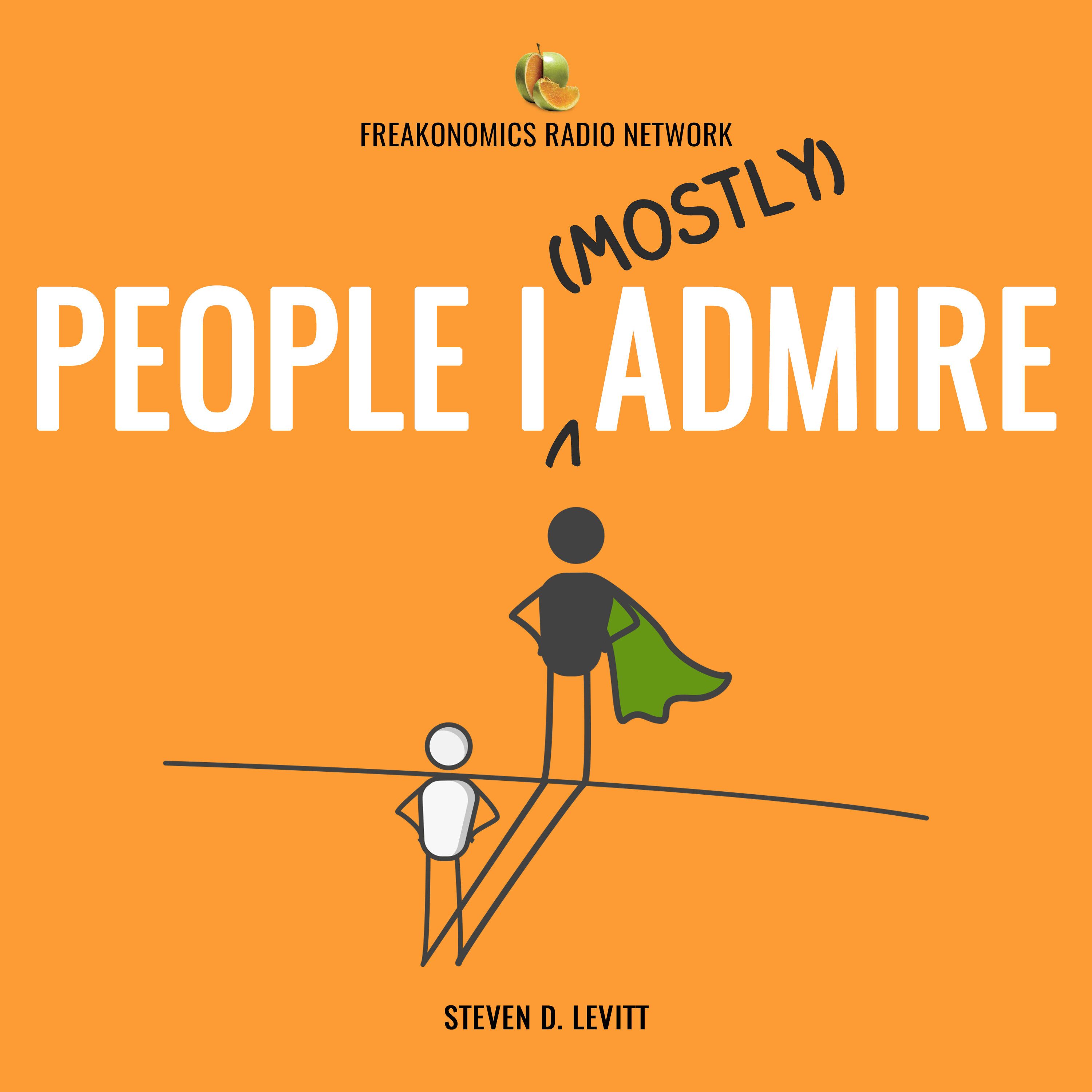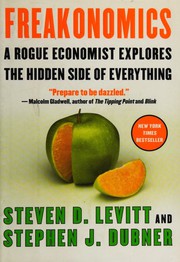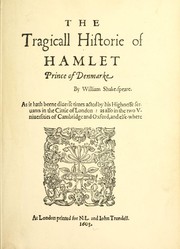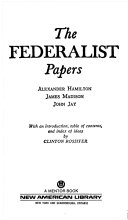📚 3 Books mentioned in "146. Is There a Fair Way to Divide Us? | People I (Mostly) Admire" of People I (Mostly) Admire

Podcast: People I (Mostly) Admire
Episode: 146. Is There a Fair Way to Divide Us? | People I (Mostly) Admire
Published on December 9, 2024
Here’s a list of all the books mentioned in this episode. Click on the links to watch specific excerpts on YouTube and feel free to purchase the books if they caught your interest!

Freakonomics
Buy Freakonomics by Steven D. Levitt, Stephen J. Dubner, Andrea Montero Cusset on Amazon
So you're a theoretical mathematician who, because of your applied work, has gotten to see the real world in action, and at least for me, when I wrote Freakonomics and got a taste of the real world, I was really poisoned to academics after that because I found the real world to be much more fun.
In this segment, host Steve Levitt shares his insights from writing 'Freakonomics' and contrasts his academic experience with the more engaging and enjoyable lessons learned from real-world applications.

Hamlet
Buy Hamlet by William Shakespeare on Amazon
One of the attorneys in the case actually used the analogy: a drunken monkey can eventually type Hamlet, there's this kind of old saw about how randomly typing you'll eventually type Hamlet, but why should we outsource our redistricting to a drunken monkey?
In this segment, the book 'Hamlet' is referenced in a metaphor by an attorney, suggesting that a random process could eventually yield a masterpiece like Shakespeare's 'Hamlet'. The point being made is that relying on a haphazard method to determine fair districting is not advisable, particularly in the context of a Pennsylvania court case concerning redistricting.

The Federalist Papers
Buy The Federalist Papers by Alexander Hamilton, James Madison, John Jay on Amazon
Go back to the Federalist Papers, and you'll see the argument that these constituencies around the country are going to have so-called competing local jealousies.
The host, Steve Levitt, refers to the Federalist Papers to highlight the argument made by the authors that constituencies around the country would have conflicting local interests.
